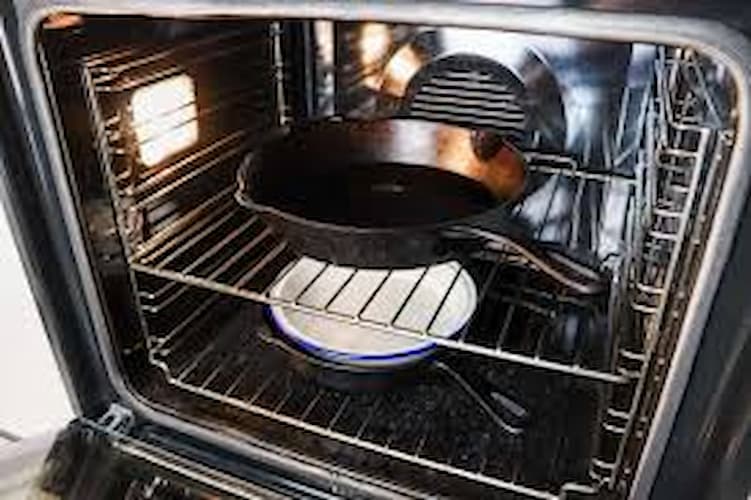Open baking sourdough is a rewarding experience that combines the precision of baking with the rustic charm of traditional bread-making. If you’re new to sourdough baking or looking to perfect your technique, this guide will walk you through each step, ensuring you end up with a perfect loaf every time.
1. Gather Your Ingredients
- Sourdough Starter: The heart of sourdough bread, your starter should be active and bubbly.
- Flour: Use high-quality bread flour for the best results.
- Water: Preferably filtered or spring water.
- Salt: Essential for flavor and gluten development.
2. Prepare the Starter
- Feed your sourdough starter a few hours before you start baking. Combine equal parts of flour and water, mix well, and let it sit until bubbly and doubled in size.
3. Mixing the Dough
- In a large bowl, combine your sourdough starter, flour, water, and salt. Mix until all ingredients are well incorporated. You can use your hands or a dough mixer.
- Let the dough rest (autolyse) for about 30 minutes. This allows the flour to fully hydrate.
4. Kneading and Folding

- After the autolyse, knead the dough on a lightly floured surface. This develops the gluten structure.
- Perform a series of stretch and folds every 30 minutes for the next 2-3 hours. This helps build strength in the dough.
5. Bulk Fermentation
- Place the dough in a lightly oiled bowl, cover it with a damp cloth, and let it ferment at room temperature for 4-6 hours. The dough should double in size and become airy.
6. Shaping the Dough
- Turn the dough onto a lightly floured surface and shape it into a round or oval loaf. Be gentle to retain as much air in the dough as possible.
- Place the shaped dough into a proofing basket or a bowl lined with a floured cloth.
7. Proofing the Dough
- Allow the dough to proof for 1-2 hours at room temperature, or refrigerate it overnight for a slow, cold proof. Cold proofing enhances the flavor and texture of the bread.
8. Preheating the Oven
- Preheat your oven to 475°F (245°C) with a Dutch oven or a baking stone inside. The high temperature creates the perfect environment for baking sourdough.
9. Scoring the Dough
- Gently turn the proofed dough onto a piece of parchment paper. Use a sharp knife or a bread lame to score the top of the dough. This allows the bread to expand while baking.
10. Baking the Bread
- Carefully transfer the dough into the preheated Dutch oven or onto the baking stone. Cover with a lid (if using a Dutch oven) and bake for 20 minutes.
- After 20 minutes, remove the lid and reduce the oven temperature to 450°F (230°C). Bake for an additional 20-30 minutes, or until the crust is deep golden brown.
11. Cooling and Enjoying
- Once baked, transfer the bread to a wire rack and let it cool completely before slicing. This allows the crumb to set and the flavors to develop fully.
Conclusion Open baking sourdough is a journey of patience and precision. By following these steps, you’ll be able to create a beautifully crusty and flavorful loaf. Remember, practice makes perfect, so keep experimenting and enjoy the process of mastering this timeless art.